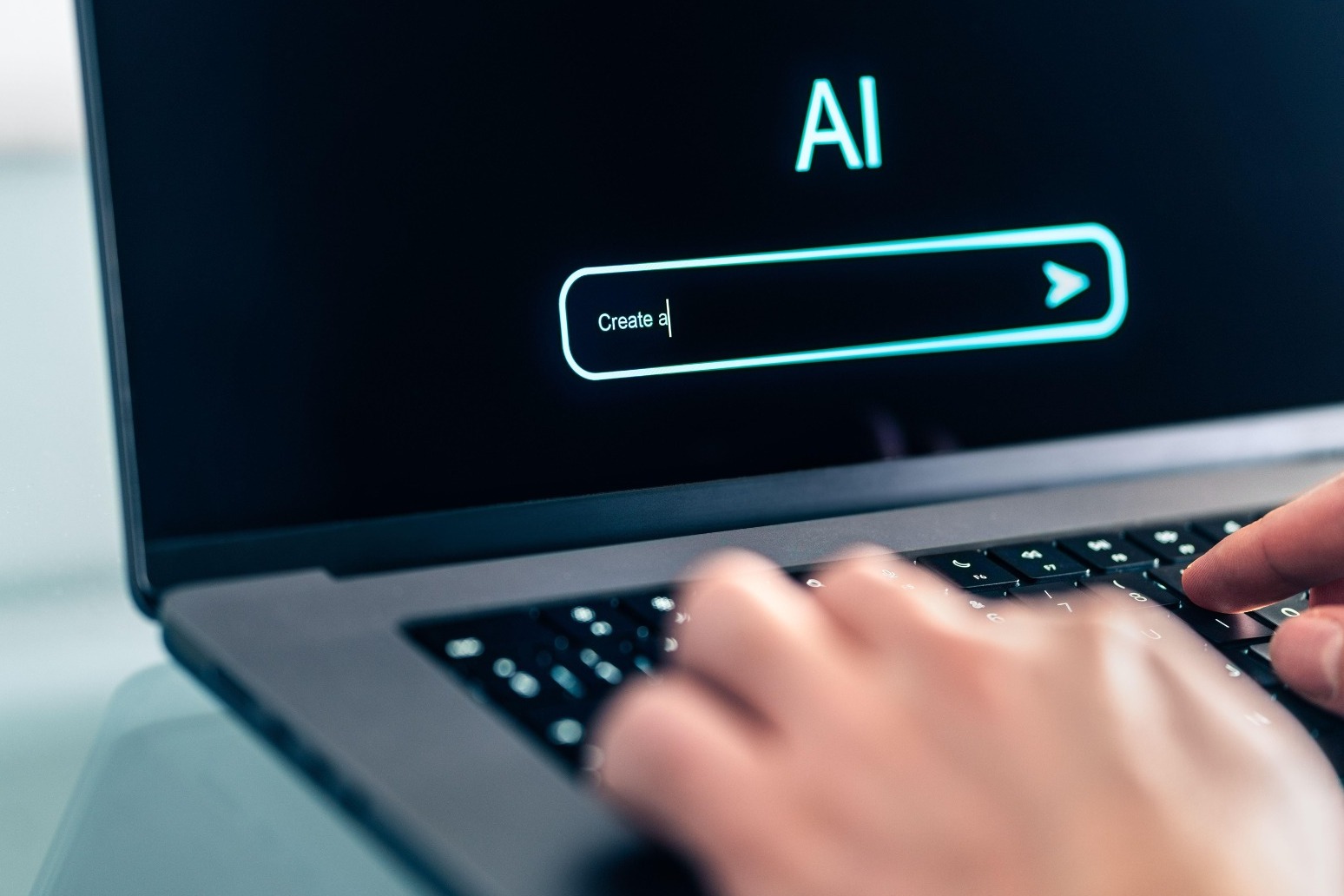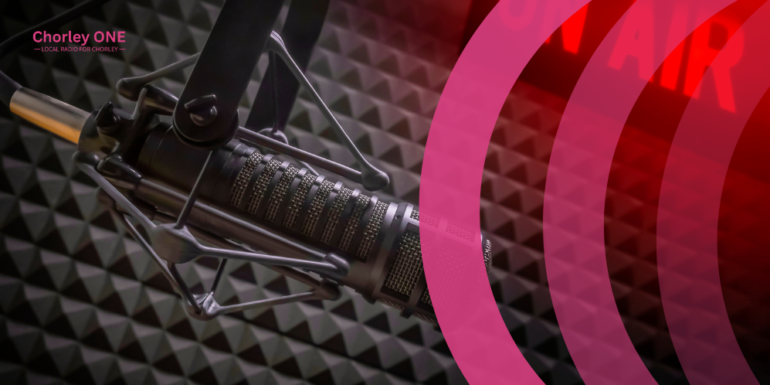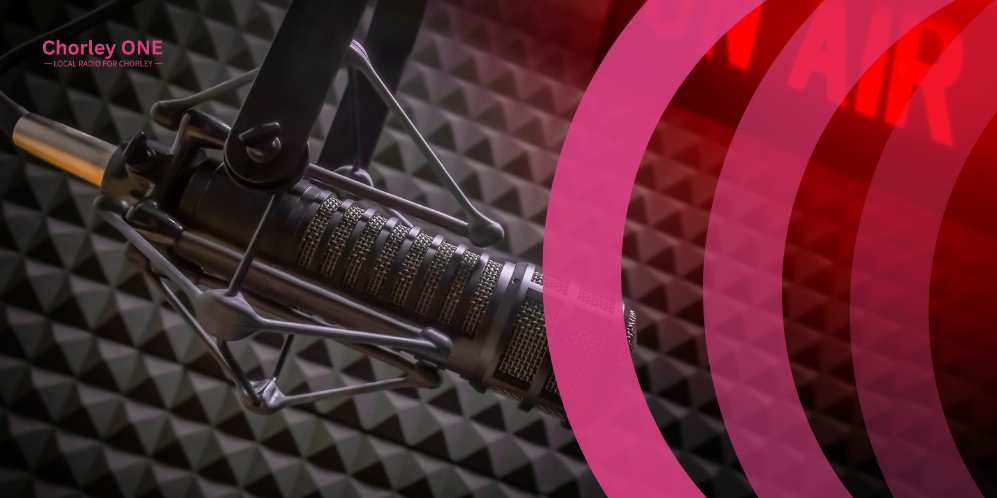-
 play_arrow
play_arrow
Chorley ONE Local Radio for Chorley
AI companion for mindfulness can help bridge gaps in mental health care


Artificial intelligence (AI) can help “bridge gaps” in the mental health care system, which is “broken”, a clinician and tech executive had said.
Mindfulness app Headspace has launched an AI companion tool in the UK, called Ebb, which is designed to interact with users and help them express and process their emotions when they feel they need support.
The firm’s chief clinical officer, Dr Jenna Glover, said Ebb was intentionally designed to be a “sub-clinical support tool”, meaning that is “doesn’t provide mental health guidance, advice or diagnoses” but instead helps users process thoughts and emotions by asking questions and offering in-app mindfulness and mediation recommendations.
She told the PA news agency that AI could be “transformative” in mental health care because it assists human therapists, not replacing them, and fills gaps in the system where people need support but are currently unable to get it.
“From a clinical perspective, Ebb is designed for self-reflection, helping members process thoughts and emotions and providing in-the-moment Headspace content recommendations, with 24/7 availability,” she said.
“Ebb does not give direct advice but instead offers an empathic space for self-exploration.
“The reality is we exist in a time where the mental health system is broken, and I firmly believe AI can help fill gaps – but won’t replace every aspect of care.
“Humans still have a central role to play in providing care.
“For many, technology offers an opportunity to open up about their mental health in a way that feels less daunting than therapy.
“I wholeheartedly believe that AI and technology can play a transformative role in mental health care, not to replace human therapists; but rather, complementing and enhancing the existing system by ensuring the vast majority of people who need help have access to a safe, supportive, and ethical entry point for their mental health journey.”
She added that mental health care “lacks enough trained providers”, and technology such as Ebb would help “bridge gaps” at moments when a person may not be available to provide support.
“While not everyone needs therapy, many still need support—whether it’s building resilience, navigating early challenges, or maintaining progress after care,” she said.
The tool was originally launched in the US in October last year, and since then more than 1.4 million messages have been exchanged with Ebb, Headspace said, and the firm’s own research found that 64% of those who had used it said they felt heard and understood.
Dr Glover said trust was a key part of making the AI companion appealing to users, particularly as many people are still coming to terms with the increasing prevalence AI is having in daily life.
From a data privacy perspective, she said Ebb messages were encrypted, and that data from the companion was not used for targeted advertising purposes, noting that not using Ebb at all was also an option for Headspace members.
As for the companion itself, she told PA that it had been created through collaboration between both clinicians at Headspace, and AI and technology experts to make it “both technically advanced and clinically sound”.
“Ebb was built by a team of experts at Headspace, including clinical psychologists, AI specialists, conversation designers, and privacy experts,” she said.
“The clinical team, made up of licensed psychologists, ensures that Ebb follows evidence-based principles like Motivational Interviewing to provide a safe and supportive experience.
“AI engineers and data scientists developed the underlying technology, using advanced AI models while incorporating safeguards to align with Headspace’s mental health standards.
“Conversation designers crafted Ebb’s responses to be empathetic, engaging, and appropriate for self-reflection without giving medical advice.
“This cross-functional approach ensures that Ebb is both technically advanced and clinically sound.”
Asked if she thought there would come a time when tools such as Ebb became clinical, she said the focus was instead on using AI to help make the Headspace app more personalised.
“Long term, we envision Ebb will become a nimble AI companion, greeting each user that opens the Headspace app and routing them to the right support mechanisms for their unique needs,” she said.
Published: by Radio NewsHubClick here to read this story in full at Radio News Hub
Written by: admin
Similar posts
Latest News
- Police Scotland to review trans policies following Supreme Court judgment
- British woman among four dead after cable car crash in southern Italy
- Rylan Gosling to lead new Star Wars film with title revealed
- Easter getaway disruption expected on railways roads and at Gatwick
- London Zoo celebrates hatching of three eggs from extinct in wild dove species
Top popular
Copyright THe Mediasite - 2024













